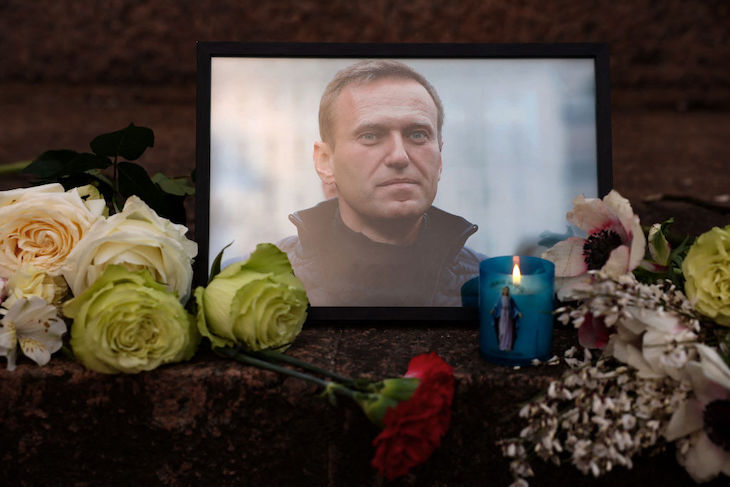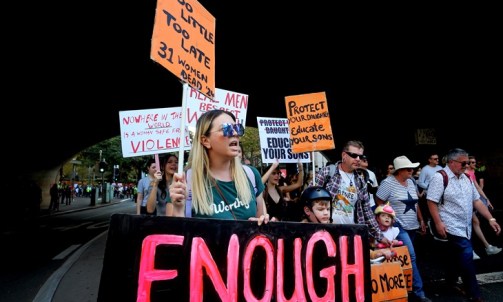Following Alexei Navalny’s suspicious ‘sudden death’ in an Arctic prison camp last Friday, two scenes immediately come to mind featuring Vladimir Putin, who almost certainly mandated it.
The first is from December 2018 and his meeting, at the G20 Summit, with Saudi Arabian Crown Prince Mohammed bin Salman, suspected at the time of involvement in the brutal murder of Jamal Khashoggi, a Saudi dissident journalist (a suspicion lent weight by a US intelligence report released in 2021).
Already a subscriber? Log in
Subscribe for just $2 a week
Try a month of The Spectator Australia absolutely free and without commitment. Not only that but – if you choose to continue – you’ll pay just $2 a week for your first year.
- Unlimited access to spectator.com.au and app
- The weekly edition on the Spectator Australia app
- Spectator podcasts and newsletters
- Full access to spectator.co.uk
Or




















Comments
Don't miss out
Join the conversation with other Spectator Australia readers. Subscribe to leave a comment.
SUBSCRIBEAlready a subscriber? Log in